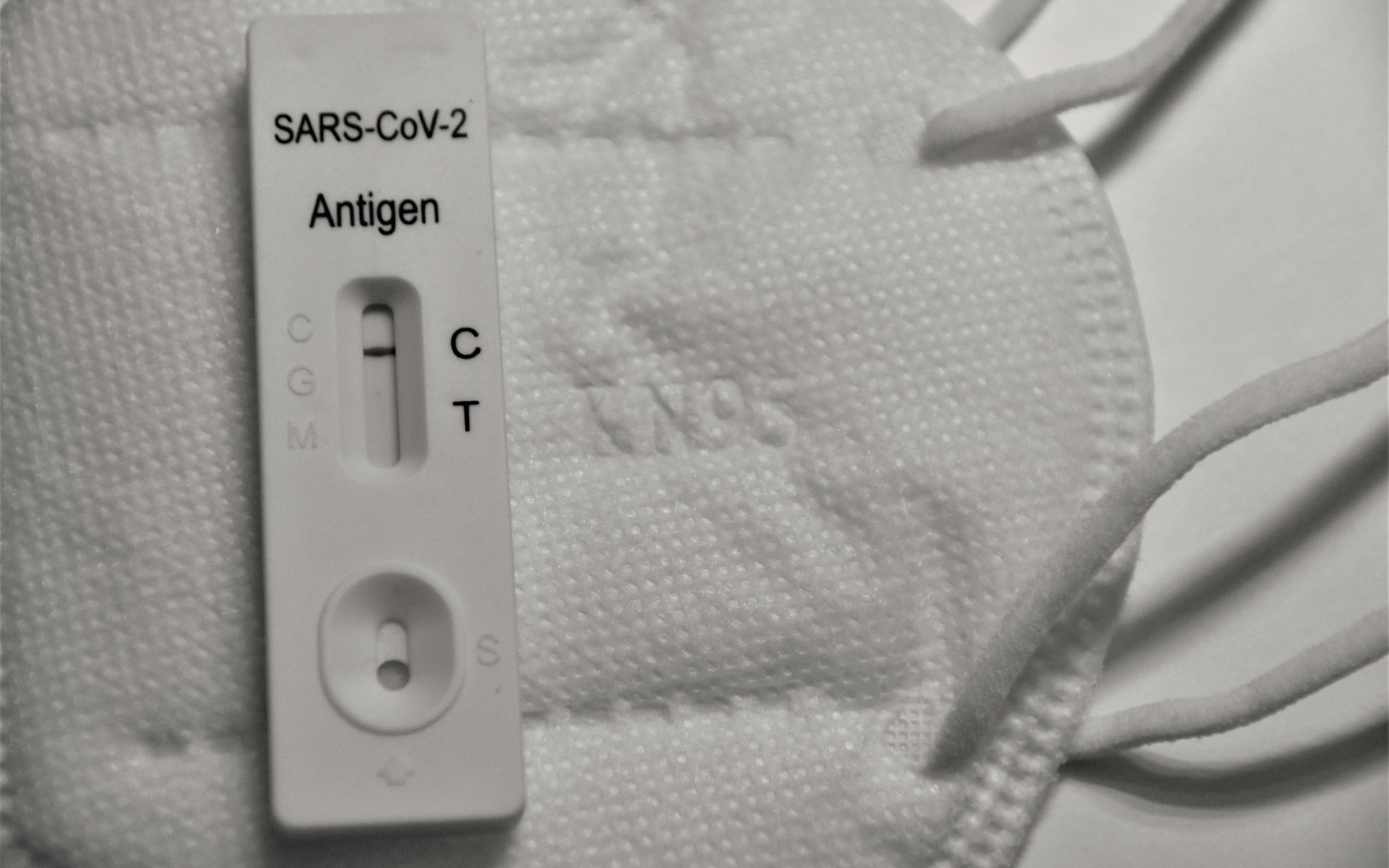News release
From:
A promising new COVID-19 vaccine candidate developed by researchers at the Centenary Institute and the University of Sydney has shown strong potential to protect against both current and emerging coronavirus variants. By targeting features shared by a range of coronaviruses, the vaccine is designed to offer broader and longer-lasting protection as the virus continues to evolve.
The development comes as Australia faces continued COVID-19 circulation during winter, with new Omicron subvariants such as XBB.1.5 contributing to infections and hospitalisations. To date, there have been over 115,000 COVID-19 cases reported to the Australian Government’s National Notifiable Diseases Surveillance System for 2025.
Published in the scientific journal npj Vaccines, the new study shows that the vaccine candidate, named CoVEXS5, protected mice from multiple coronaviruses, including the highly immune-evasive Omicron XBB.1.5 variant and SARS-CoV-1, a relative of SARS-CoV-2 that was responsible for the 2002–2004 SARS outbreak.
In laboratory tests, CoVEXS5 reduced virus levels in the lungs of infected mice by approximately 99.9% compared to unvaccinated controls, demonstrating a dramatic protective effect.
Notably, the vaccine candidate triggered high levels of virus-blocking antibodies and activated special immune T-cells in the lungs that play a key role in defending against respiratory viruses.
CoVEXS5 features a unique version of the spike protein, which fuses protein elements from several coronaviruses into a single structure. This fusion helps the immune system recognise and respond to a broader range of virus types, not just one specific strain.
“By combining parts of multiple coronaviruses, we’ve created a vaccine that can better prepare the body to fight off both current and future threats,” said Dr Claudio Counoupas, co-lead study author and researcher at the Centenary Institute’s Centre for Infection & Immunity.
Co-lead study author, Elizabeth Chan, a PhD student at the Centenary Institute and the University of Sydney, said the findings highlight the potential for a next-generation COVID-19 vaccine that could work across different variants.
“The immune response we saw in the laboratory was both strong and broad. It’s exciting to think that this approach could help future-proof vaccines against ongoing changes in the virus,” she said.
The vaccine candidate also includes Sepivac SWE, an open-access adjuvant that enhances the immune response and offers practical advantages for vaccine manufacturing and global distribution.
“Sepivac SWE is not only effective, but because it’s open-access, it can be used by manufacturers around the world without licensing barriers or high costs,” said senior study author, Professor Jamie Triccas, Deputy Director of the Sydney Infectious Diseases Institute at the University of Sydney.
“That’s a huge advantage for global vaccine equity, especially in low and middle-income countries where access and cost are critical concerns.”
The work was funded by the Coalition for Epidemic Preparedness Innovations, a global partnership focused on accelerating the development of vaccines against epidemic and pandemic threats, ensuring they are accessible to everyone who needs them.
The research team is now focused on advancing the vaccine candidate through further development and testing.
Publication:
An adjuvanted chimeric spike antigen boosts lung-resident memory T-cells and induces pan-sarbecovirus protective immunity - https://www.nature.com/articles/s41541-025-01144-7
About the Centenary Institute
The Centenary Institute is a world-leading independent medical research institute, closely affiliated to the University of Sydney and the Royal Prince Alfred Hospital. Our research spans the critical areas of cancer, cardiovascular disease, rare diseases, inflammation, infectious diseases, healthy ageing and biomedical AI. Our strength lies in uncovering disease mechanisms and applying this knowledge to improve diagnostics and treatments for patients. For more information about the Centenary Institute, visit centenary.org.au
About the University of Sydney, Australia
As Australia’s first university – founded in 1850 – the University of Sydney has a proud history of global leadership in education and research and inspiring people from all backgrounds to contribute to positive real-world change. We’re a world-renowned teaching and research institution – our research combines the expertise and talents of scholars from many disciplines. Learn more.
Multimedia





 Australia; NSW
Australia; NSW



